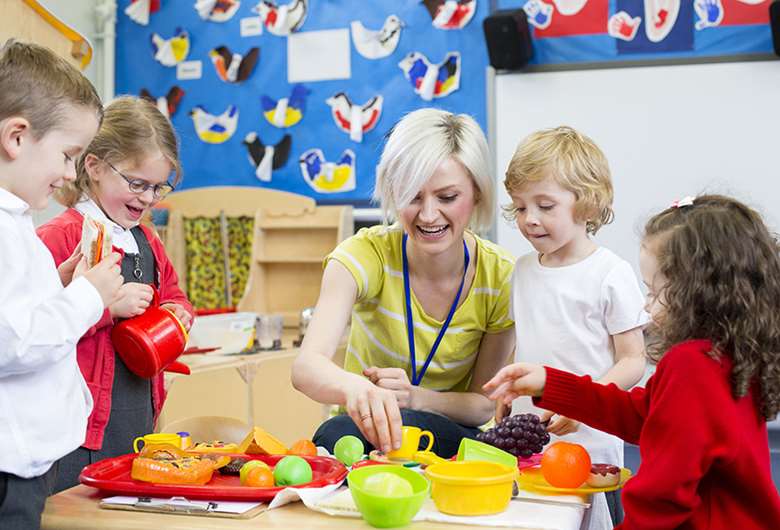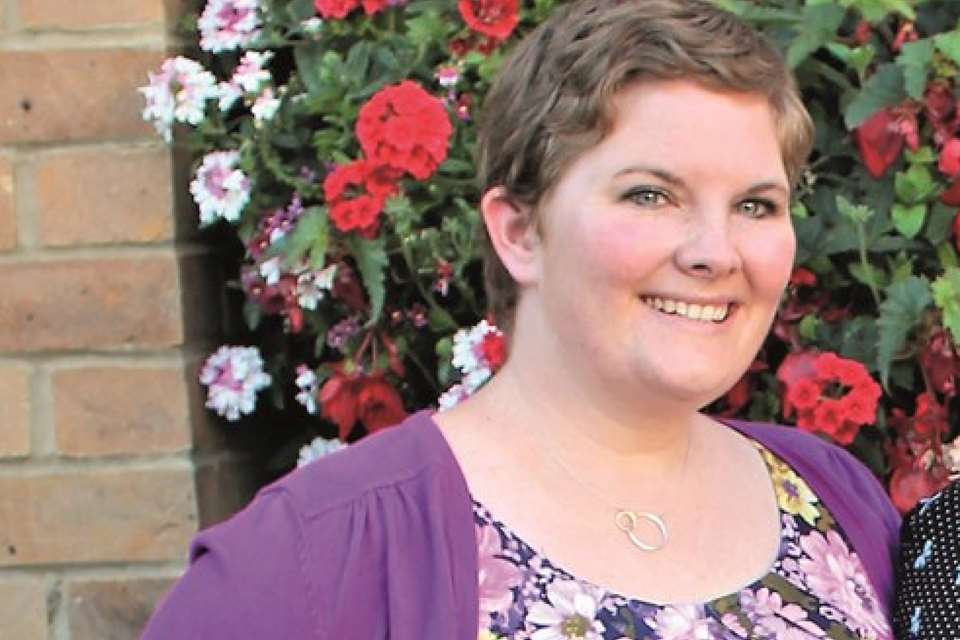Parents worry about children's mental health and well-being in return to school
Annette Rawstrone
Tuesday, September 15, 2020
Half of parents (51 per cent) are concerned about their children’s mental health and well-being as they return to school this month, many for the first time since March, a survey suggests.

Findings from research carried out for the Early Intervention Foundation (EIF) found that parents are particularly worried about how their children will:
- adjust to changes in the school environment (61 per cent)
- maintain focus and concentration on their school work (45 per cent)
- reintegrate with other pupils, teachers and staff at school (42 per cent)
- cope with worries about Covid-19 (41 per cent).
The survey, which was conducted by Ipsos MORI between 28 August to 4 September with 643 parents of children aged from four- to 16-years-old, found that four in 10 parents (39 per cent) believed their children’s mental health and well-being had worsened since lockdown began. A lack of contact with friends was the most common reason given for this (82 per cent), followed by a lack of daily routine (62 per cent).
Children’s mental health and well-being was particularly a worry for parents from lower-income households (58 per cent for those earning up to £19,999, compared with 44 per cent for those earning £55,000 or more).
EIF chief executive Dr Jo Casebourne said that it is ‘crucial’ that schools do not focus solely on the curriculum and attainment. She said that they need to be supported with their mental health and well-being too.
‘Good mental health is critical to pupils’ ability to learn effectively, and so it’s a crucial part of helping children to bounce back from the disruption they’ve experienced. We also know that the social and emotional skills that underpin mental well-being lead to positive outcomes later in life, in education, work, health, and personal family relationships,’ said Dr Casebourne.
‘It’s a particular concern that less well-off parents are more likely to be worried about their children’s mental well-being. Providing effective support for children’s social and emotional needs has to be an important part of the recovery plan if we are going to avoid the harmful long-term impacts of the pandemic falling most heavily on the shoulders of the least well-off.’
There is strong support among parents (71 per cent) for schools to do more to support children’s mental health and well-being. Preferred types of support are:
- targeted help for those who may be struggling from a school counsellor or other specialist (56 per cent)
- more focus on mental health and well-being across the school (50 per cent)
- more time for lessons to support children’s mental health and well-being in the school timetable (46 per cent)
- better communication with parents about their children’s well-being (45 per cent).
Reassuringly, a separate survey conducted with school staff across primary schools in England on behalf of EIF in 2019 found that social and emotional learning was already a priority with 380 out of 400 respondents (95 per cent) citing this before the pandemic.








